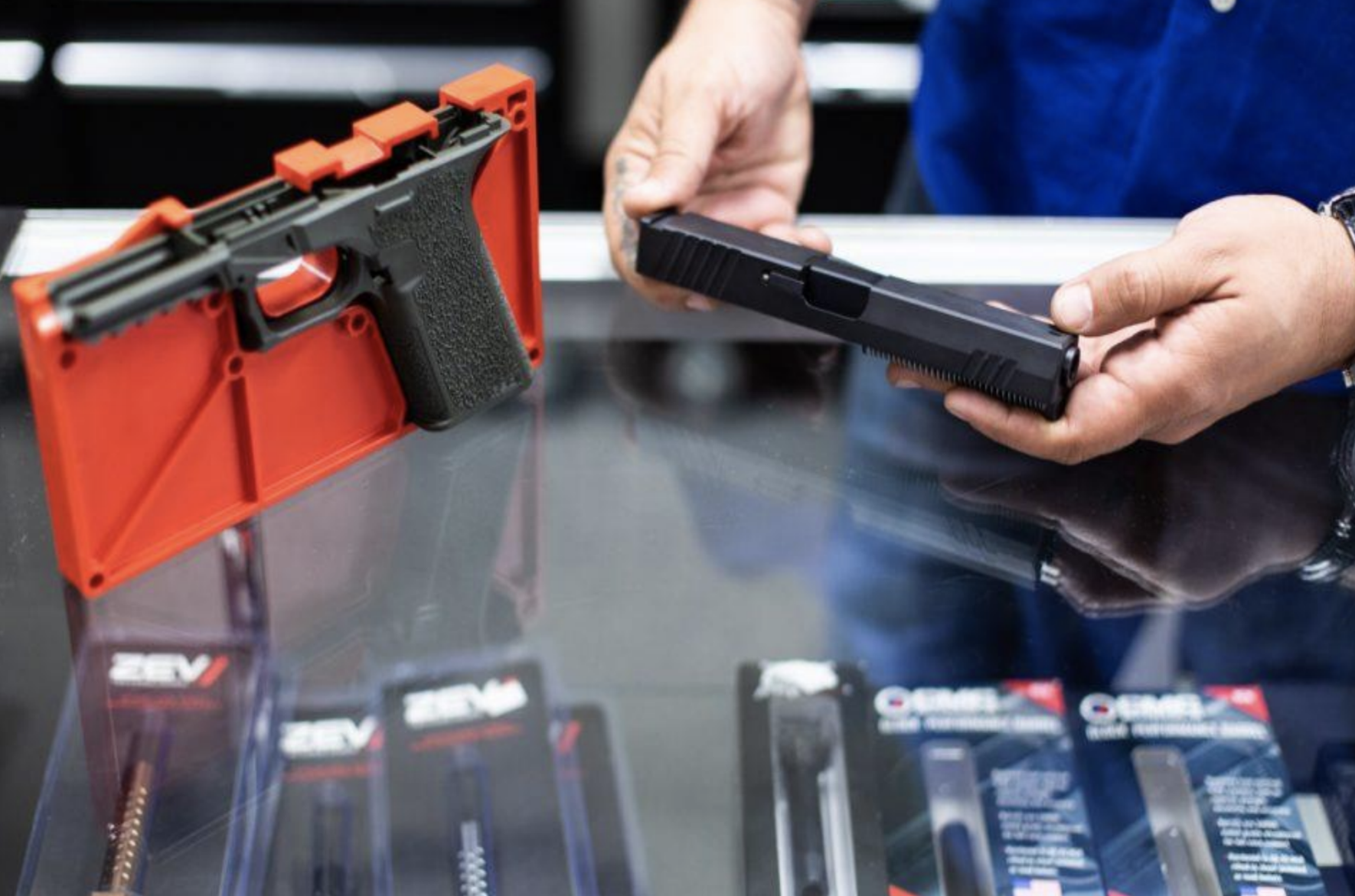Colorado Democrats to roll out gun package including age-limited ‘assault weapons’ ban, increase manufacturer liability

Democrats from the General Assembly’s gun violence prevention caucus are set to announce four bills intended to limit or ban certain types of firearms, strengthen the “red flag” law, and increase liability for gun manufacturers.
But a comprehensive ban on so-called “assault weapons” for those over the age of 21 is not among them.
One bill set to be introduced by lawmakers and leaders in the gun violence prevention community at press conference at noon Thursday is an effort to ban the purchase of “assault weapons” for those under the age of 21. The term “assault weapons” is nonstandard, though a previous bill draft this session from Colorado Democrats defined it as semiautomatic rifles with a certain magazine capacity or other specified characteristics. Definitions in the age-limit bill have not yet been made available.
That bill will include a definition that sponsors believe is enforceable and could be applied more broadly to future legislation for an overall ban. The age-limit bill could contain an exemption for hunting or for use against predators in rural counties.
A second bill seeks to strengthen the state’s Extreme Risk Protective Orders, to include other kinds of individuals who could seek an “red flag” order, also is among the quartet.
That issue rose to the forefront after the shooting at Club Q in Colorado Springs in November. The shooter, who this week is in a preliminary hearing to determine whether he will be charged with murder and bias-motivated crimes, was known to possess firearms and had been arrested in 2021 for a bomb threat, but neither law enforcement nor his family sought a red flag order.
Gov. Jared Polis spoke in favor of strengthening the ERPO law during his 2023 State of the State address. Among the changes that have been discussed: allowing district attorneys or perhaps therapists, doctors or counselors to apply for a red flag order.
The third bill will set up a three-day waiting period for purchasing a firearm. Currently, the state does not impose a waiting period when buying a gun.
The last of the four, and the one likely to be the most controversial, is on liability, and takes aim at the 2001 federal law known as Protection of Lawful Commerce in Arms Act, which has shielded the firearms industry from liability when someone uses a firearm unlawfully.
A draft of the bill obtained by Colorado Politics says it will start in the Senate, under the sponsorship of Sens. Sonya Jaquez Lewis of Longmont and Chris Kolker of Centennial.
The legislation creates a civil “cause of action,” with a five-year statute of limitations, to allow someone who has been harmed as a result of “an industry member violation of firearms standards of responsible conduct.”
The draft bill states the firearms industry has engaged in “unlawful and irresponsible conduct” that risks life, health, safety and well-being of Coloradans. Hence, state policy is that product liability for injury, damage or death caused by a firearm is not based on the inherent potential for a firearm to cause those injuries when discharged.
Six states have some form of liability law, although New York’s law is the only one to have survived a initial legal challenge.
While the four bills will take center stage Thursday, several more are anticipated. Most notably, that includes a ban on so-called “ghost guns,” which Polis also called for in his annual address.
Ghost guns are assembled from parts or kits or even a 3-D printer, but with one unfinished piece, such as a frame or receiver, that requires the purchaser to drill to make the gun functional. A loophole in federal law means these firearms don’t need serial numbers or a background check for purchase.
Bills on concealed weapons and insurance could also still surface in 2023.
The General Assembly has already begun work on two bills dealing with firearms: a bill banning the discharge of firearms on private property in unincorporated counties with 35 dwellings per square mile, which has passed the House and is awaiting action in the Senate, and a bill from Sen. Nick Hinrichsen, D-Pueblo, that would add aggravated motor theft to the list of convictions that would ban a person from legally possessing a firearm. Senate Bill 22 won approval from the Senate Judiciary Committee on Feb. 13 and is awaiting further action from the Senate Appropriations Committee.














